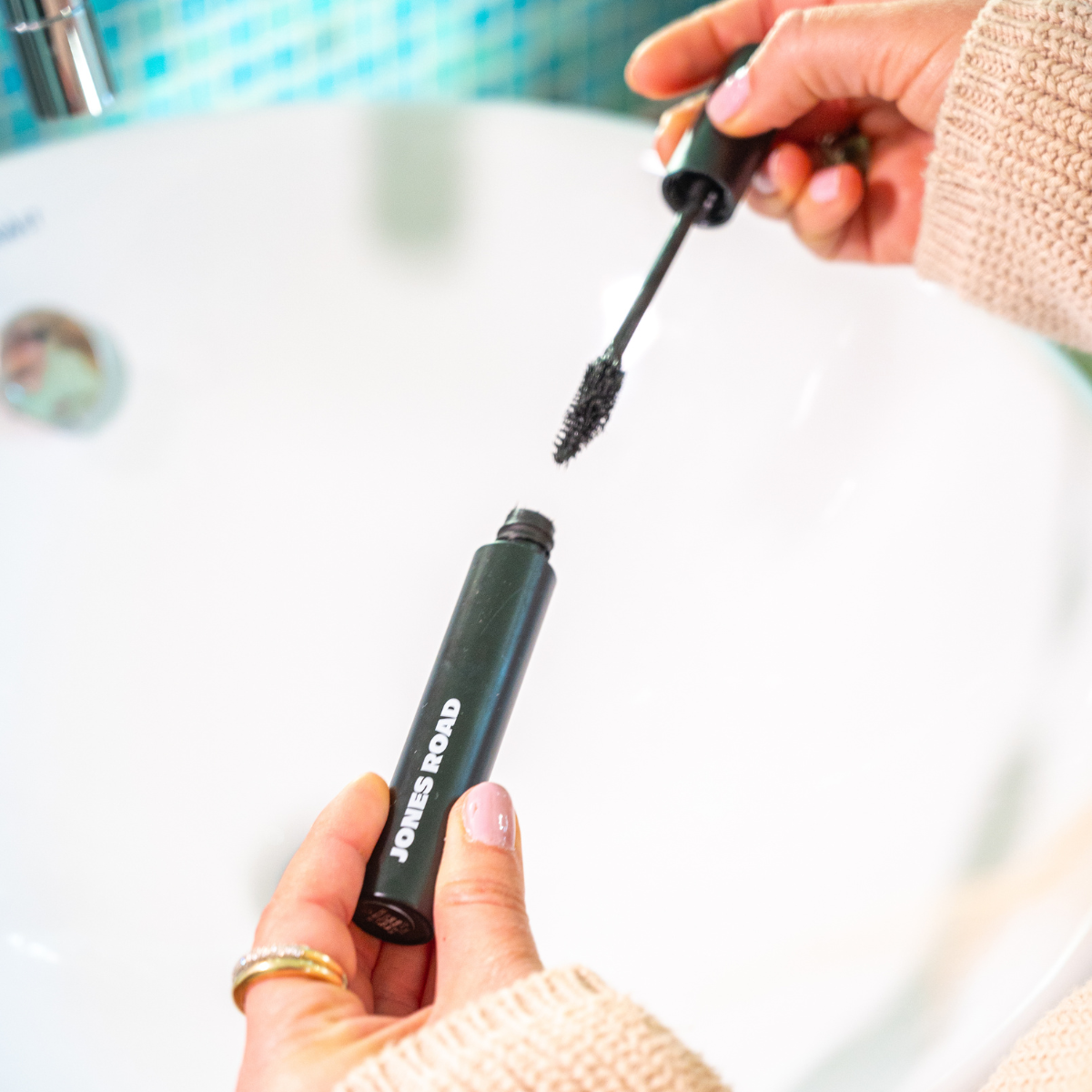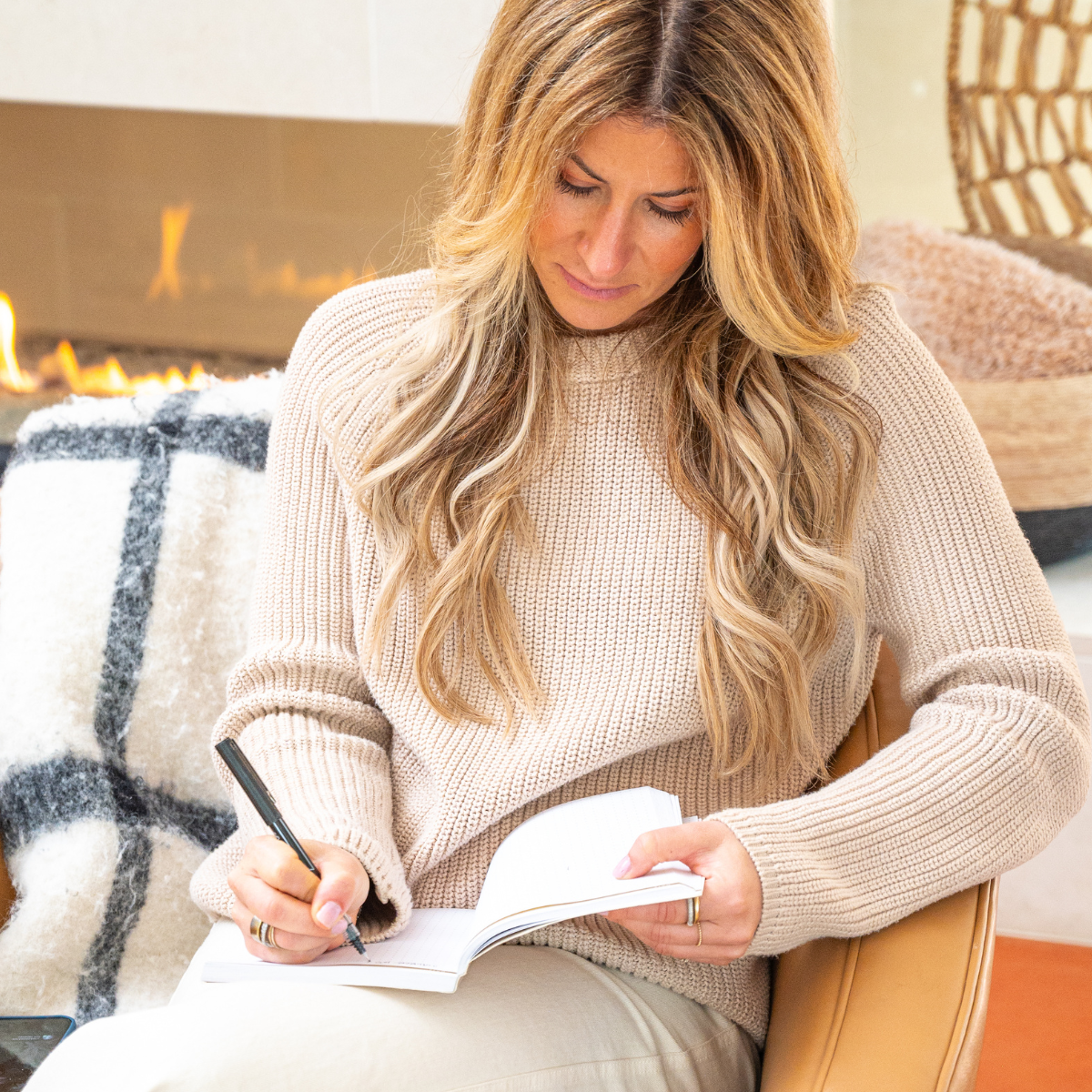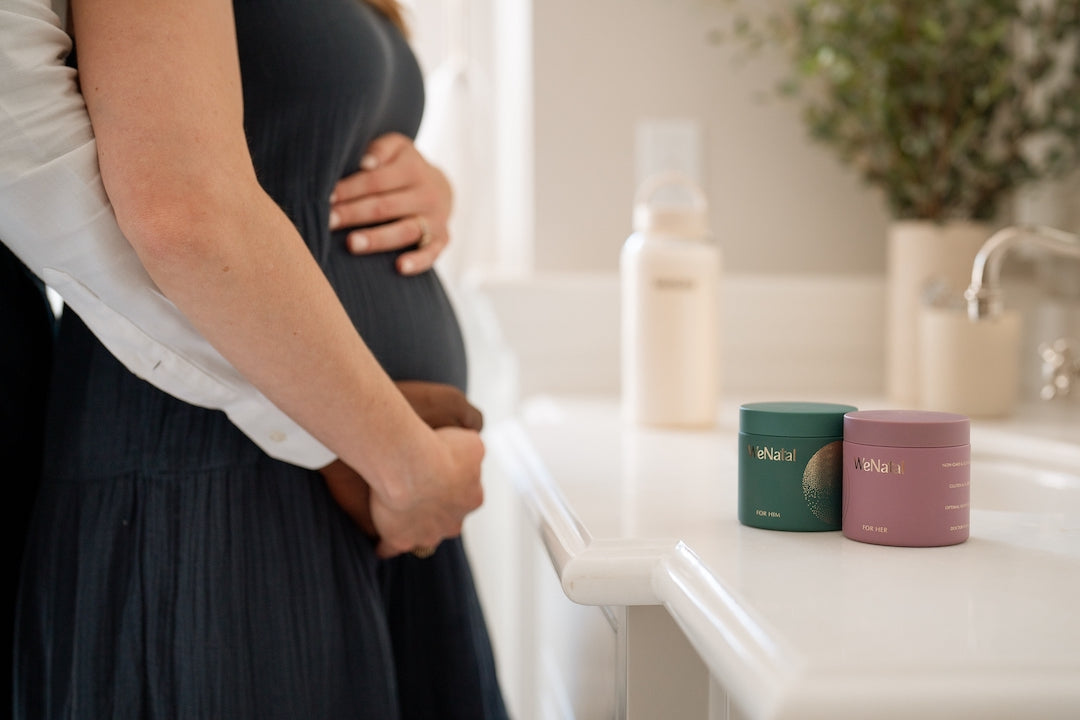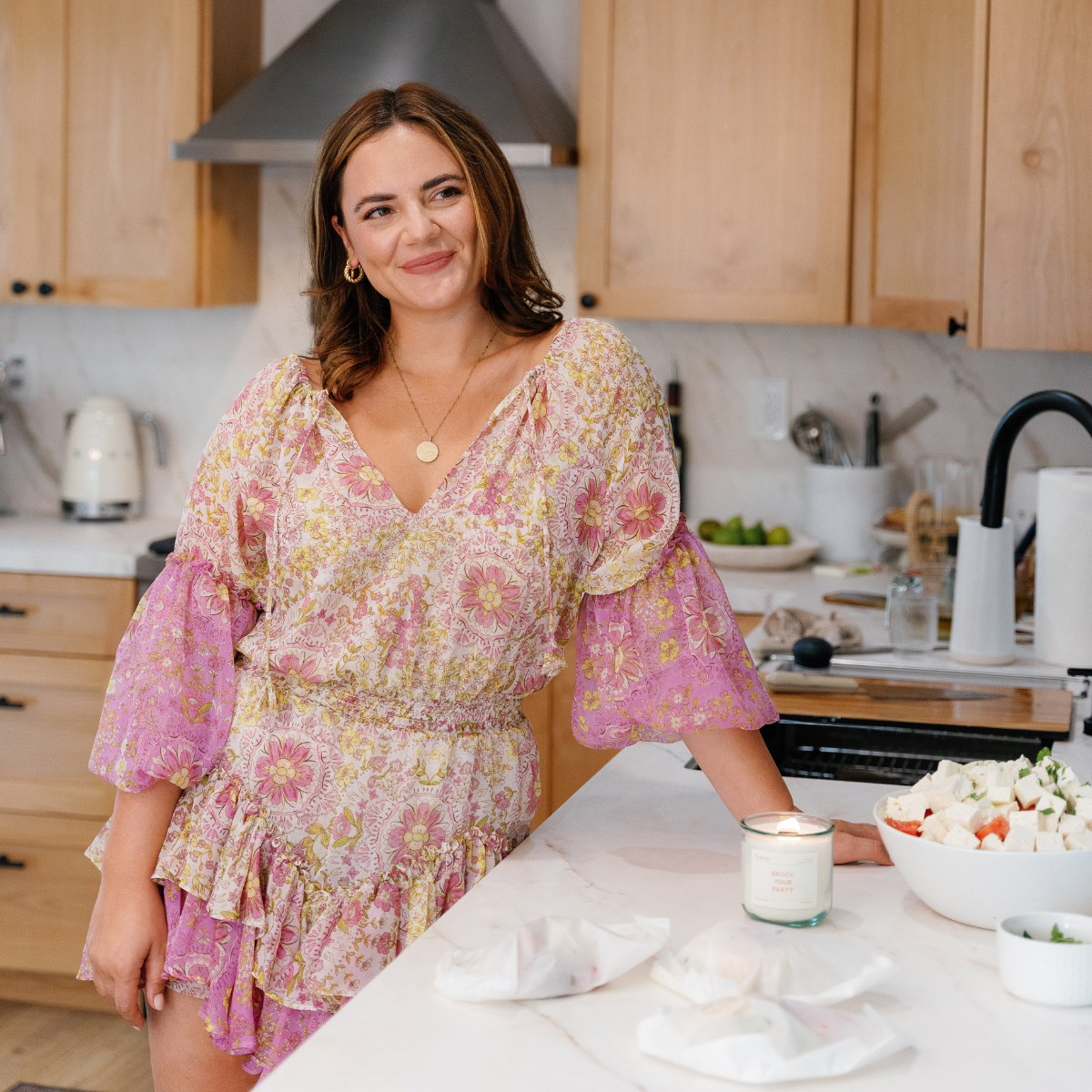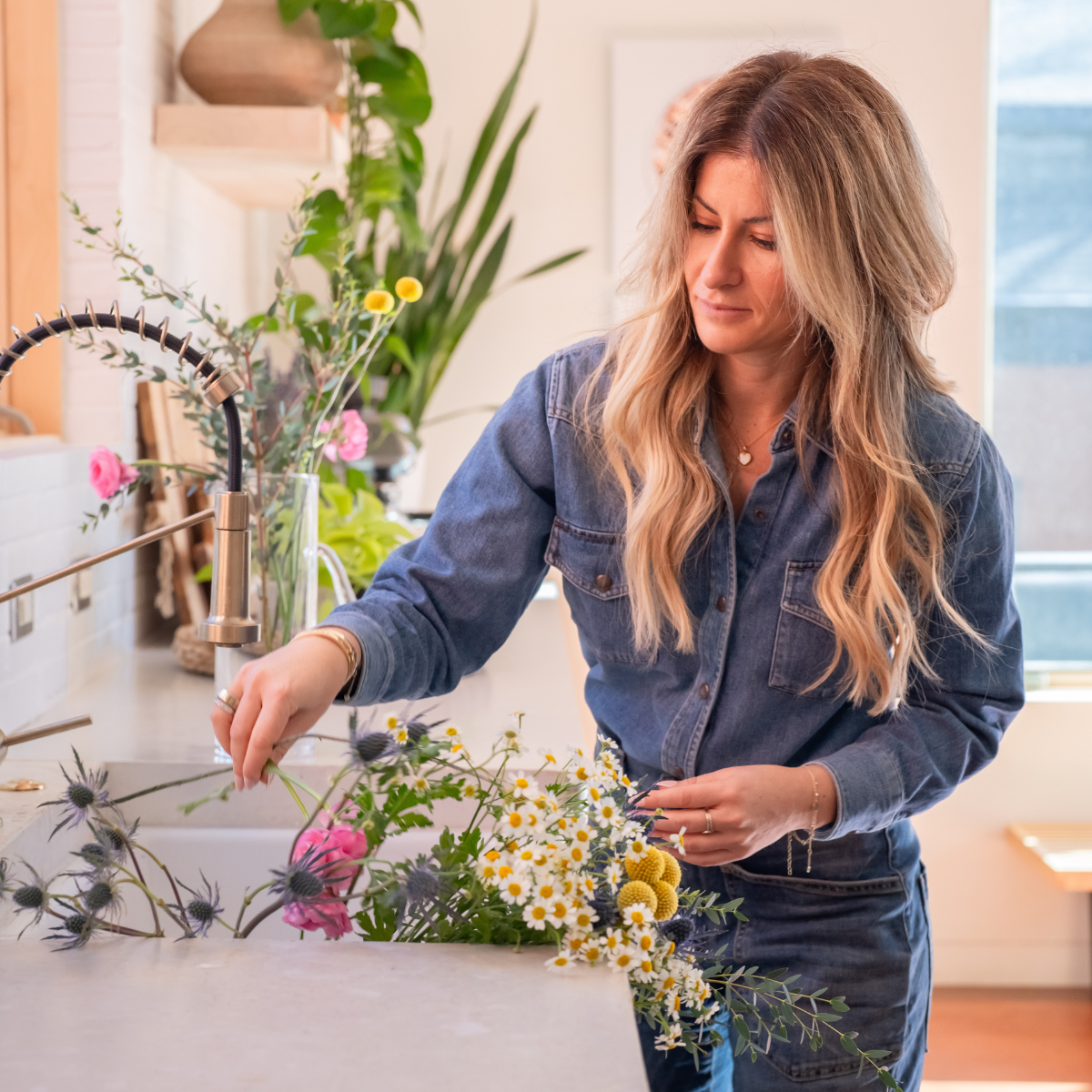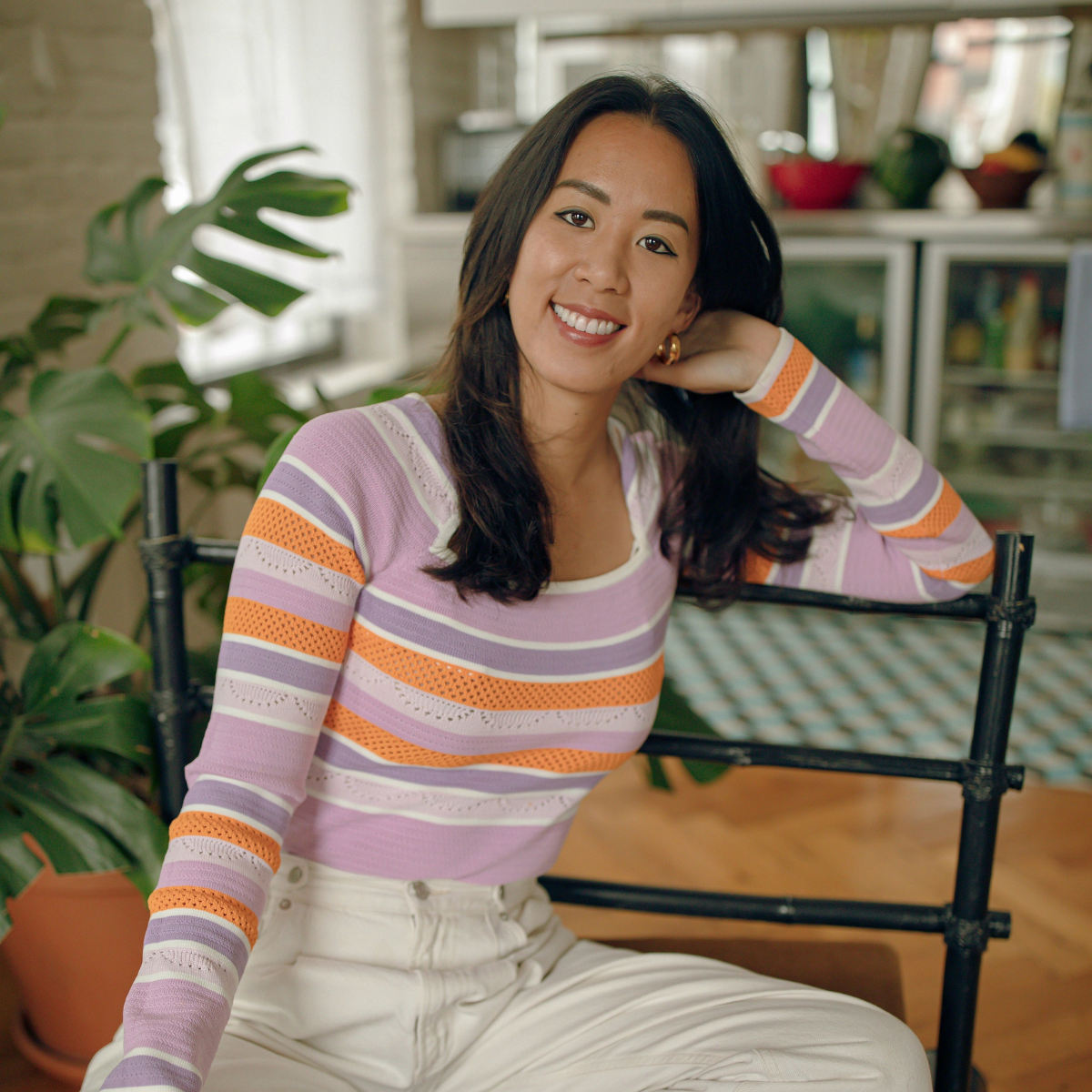Elizabeth sits down with renowned culinary expert and trailblazer Gail Simmons, best known for her role as a judge on the reality series "Top Chef." Gail shares her inspiring journey from writing down her love of food on paper to attending culinary school and working at iconic New York City restaurants. She details her invaluable experiences assisting renowned food critic Jeffrey Steingarten and managing special events for legendary chef Daniel Boulud.
Gail opens up about her role at Food & Wine Magazine and how a series of saying "yes" led her to "Top Chef." She shares a behind-the-scenes look at the filming process over the past 20 seasons and teases what's next for Season 21. Gail also drops the details about her favorite restaurants, must-have cookbooks, and her philosophy on embracing opportunities and keeping a flexible approach to life's plans.





